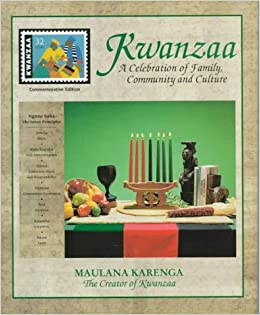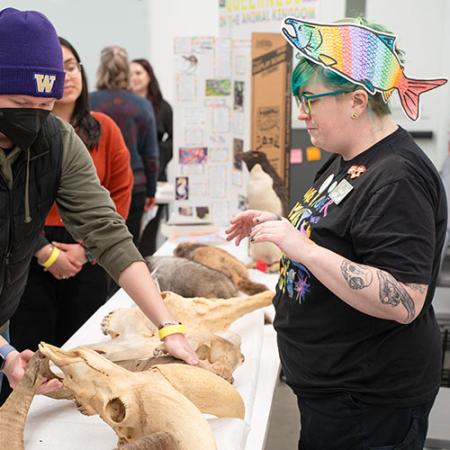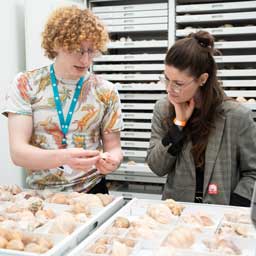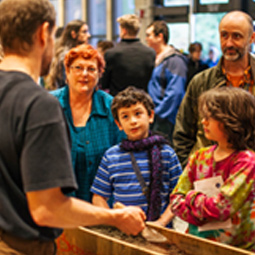 A well-respected way to tie the histories together was created by Dr. Maulana Karegna. Dr. Karenga created what is called the Nguzo Saba or the 7 principles of Kwanzaa. The holiday and recognition is practiced every late December to early January through these principles:
A well-respected way to tie the histories together was created by Dr. Maulana Karegna. Dr. Karenga created what is called the Nguzo Saba or the 7 principles of Kwanzaa. The holiday and recognition is practiced every late December to early January through these principles:
- Umoja (Unity)
-
Kujichagulia (Self-determination)
-
Ujima (Collective Work and Responsibility)
-
Ujamaa (Cooperative Economics)
-
Nia (Purpose)
-
Kuumba (Creativity)
-
Imani (Faith)
The restoration of our connection to Africa and African culture is working to repair the immense rift still felt today from the enslavement period. The fifth day of celebration focusing on Nia brings a great opportunity for us to examine, and for some, to re-examine, our purpose in the company of others.
Dr. Karenga describes purpose (Nia) as, “a commitment to the collective vocation of building, developing and defending our community, its culture and history in order to regain our historical initiative and greatness as a people and add to the good and beauty in the world.”
According to Dr. Karenga, finding one’s purpose can be a great benefit to yourself, our people, and ultimately, humanity as a whole. This Black History Month is particularly important because it is the next one; we have another year, another opportunity to redefine our purpose. The feeling of positivity and power that runs through your veins when you know exactly who you are and why you were brought onto this earth is an unparalleled feeling that I hope we all reach.
Famed Historian Dr. John Henrik Clarke tells us, “History is a clock that people use to tell their political and cultural time of day. It is a compass they use to find themselves on the map of human geography. It tells them where they are, but more importantly, what they must be.”
Our shared African history teaches us that we are capable of great feats and leadership. Our ancestors are part of our reality.Like living elders, their role is to support and teach us through wisdom and past progress. We are Haile Selassie. We are Ellen Johnson-Sirleaf. We are Toussaint L'Ouverture. We are Hatshepsut. We are Dr. Carter G Woodson. We are Dr. Mary Bethune-Cookman. We are greatness.
History is telling us we must be leaders, intellectuals, entrepreneurs, scholars, and architects of progress. What is your Nia in this cultural and political time of day?
About the Author:
Dr. Alvin Logan Jr. is the Director of Education and Affiliate Curator for African Culture and Education at the Burke Museum. Dr. Logan was raised in Denver, Colorado, but his lineage takes him back to Ghana and Cameroon. He has been an educator for over eight years, including teaching preservice teachers and seasoned educational administrators. Dr. Logan is the son of two educators and previous collegiate athletes.
As a two-time UW graduate (‘12 & ‘13), Dr. Logan returned to the Pacific Northwest after earning his PhD in Cultural Studies in Education at the University of Texas at Austin. Dr. Logan has a track record of building support systems to catalyze learning for marginalized communities from middle school to graduate school. Dr. Logan’s focus on culturally relevant pedagogical approaches, decolonization, and multicultural curriculum development brought him to join the leadership team at the Burke.


